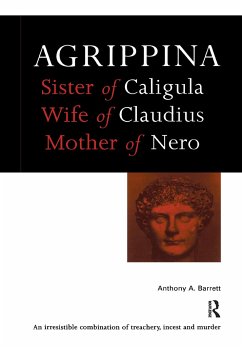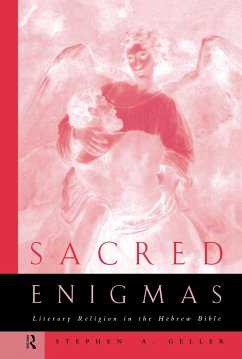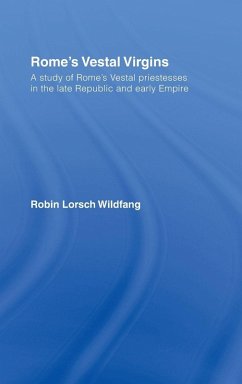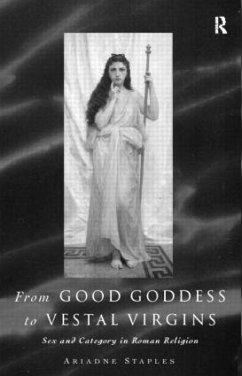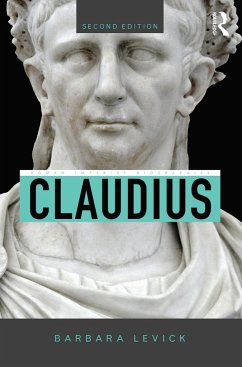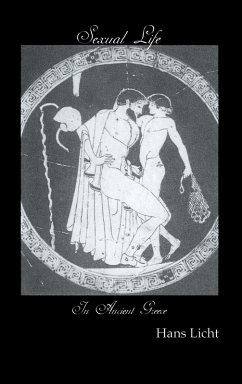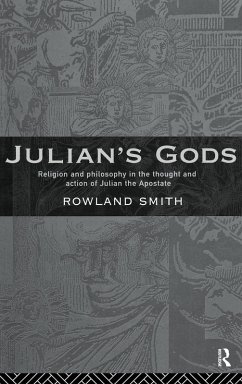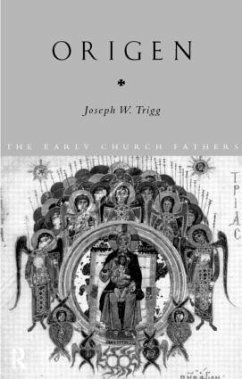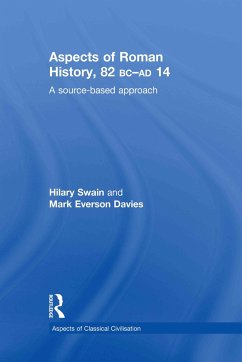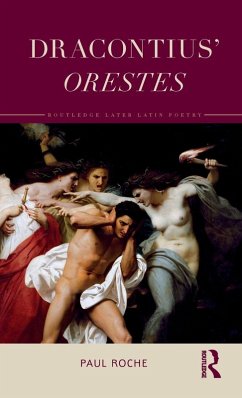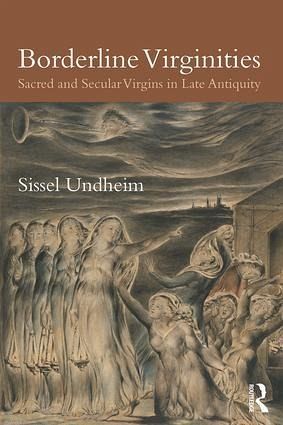
Borderline Virginities
Sacred and Secular Virgins in Late Antiquity
Versandkostenfrei!
Versandfertig in 1-2 Wochen
168,99 €
inkl. MwSt.
Weitere Ausgaben:

PAYBACK Punkte
84 °P sammeln!
In Borderline Virginities Sissel Undheim analyses negotiations over what constituted virginity, and assesses its socio-religious value, in fourth-century Rome. The Church Fathers' texts on virginity are read in the context of a wide selection of sources from the period, revealing a range of seemingly paradoxical virgins, such as widow virgins, married virgins, infant virgins, male virgins, false virgins and fallen virgins. By examinations of these kinds of 'borderline virgins' Undheim demonstrates how physical, cultural and cognitive boundaries of virginity were contested, drawn and redrawn in...
In Borderline Virginities Sissel Undheim analyses negotiations over what constituted virginity, and assesses its socio-religious value, in fourth-century Rome. The Church Fathers' texts on virginity are read in the context of a wide selection of sources from the period, revealing a range of seemingly paradoxical virgins, such as widow virgins, married virgins, infant virgins, male virgins, false virgins and fallen virgins. By examinations of these kinds of 'borderline virgins' Undheim demonstrates how physical, cultural and cognitive boundaries of virginity were contested, drawn and redrawn in the fourth and early fifth centuries in the Latin West.




